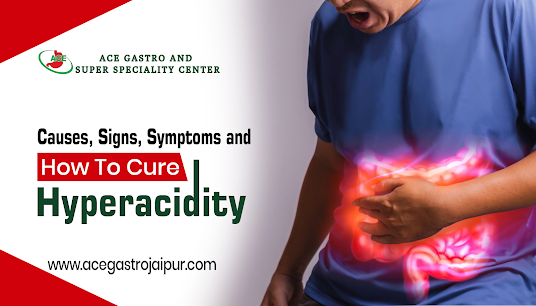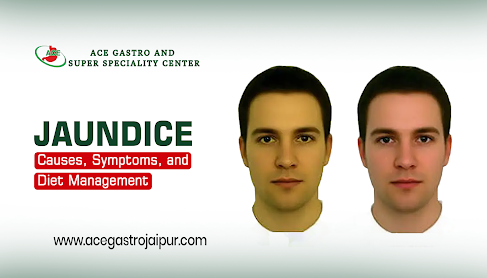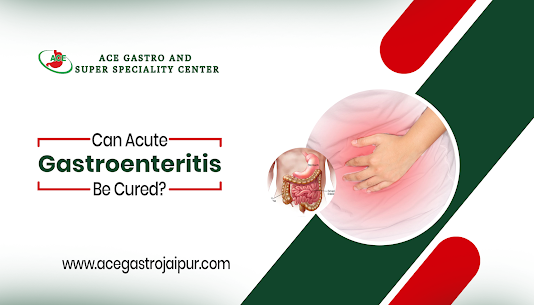Diarrhea: What is diarrhea? Learn its causes, symptoms and remedies

Diarrhea is a common digestive problem that is characterized by frequent, loose and watery stools. It can be a result of various factors, including viral or bacterial infections, food poisoning, certain medications, and underlying medical conditions. The following article will provide a comprehensive overview of diarrhea, including its causes, symptoms, and various remedies that can help alleviate its symptoms. Causes of Diarrhea The primary causes of diarrhea include: Infections: One of the most common causes of diarrhea is infection by viruses, bacteria, or parasites. These infections can be contracted through contaminated food or water, close contact with infected individuals, or by consuming undercooked meat. Food Poisoning: Eating contaminated food can also cause diarrhea. Common causes of food poisoning include Salmonella, E. coli, and Listeria. Medications: Certain medications, such as antibiotics, can also cause diarrhea. This is because antibiotics can disrupt the balance of
.png)
.jpg)



